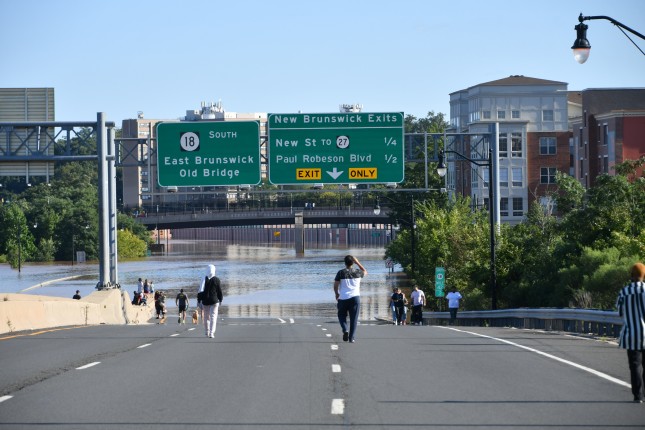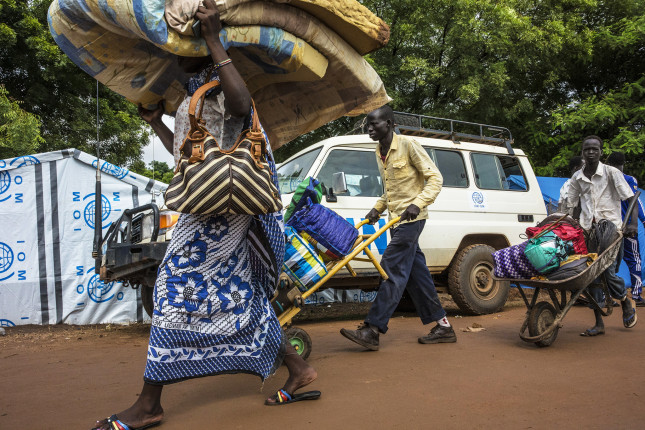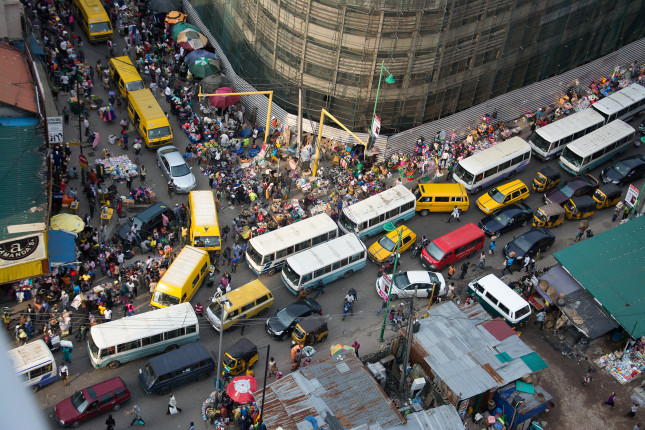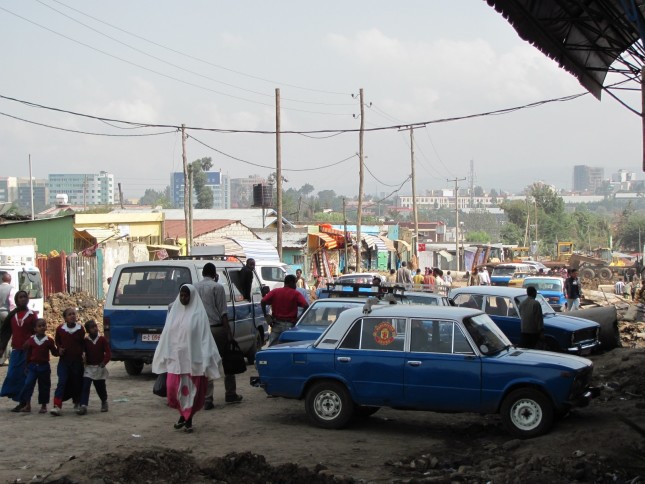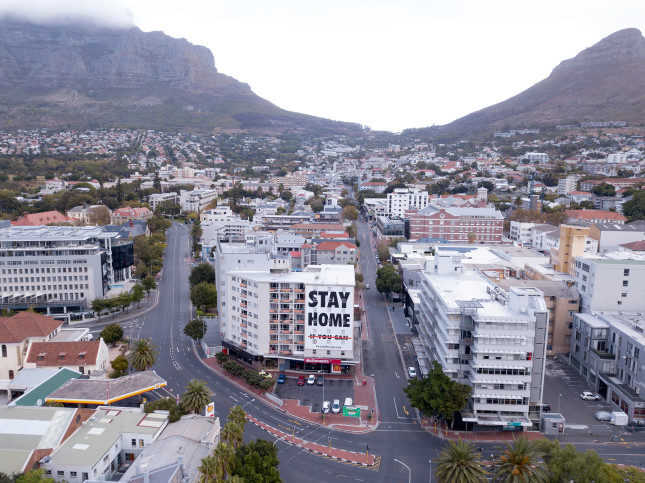-
Diversity, Equity, Cities: Reshaping Foreign Affairs for a New Era
›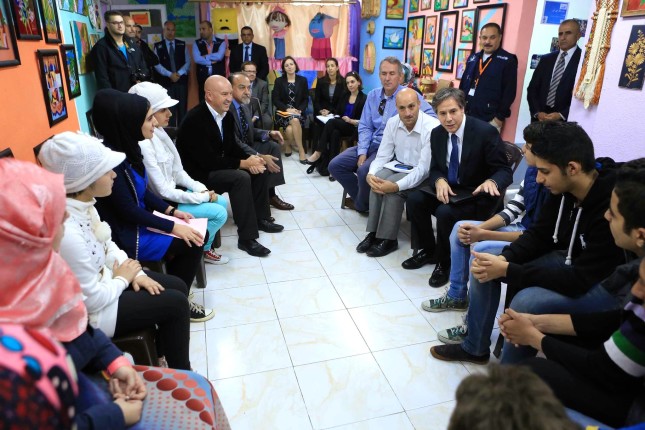
One can see—and feel—tides shifting significantly on numerous fronts across the globe, especially in the area of climate security. Opportunities and challenges abound—especially for urban communities.
But are those who shape and carry out U.S. foreign policy ready for these extraordinary changes? And how can the growing movement to integrate diversity, equity, inclusion, and accessibility (DEIA) become vital in U.S. foreign affairs?
-
Cities are at the Forefront of Climate Change
›“The success or failure of cities will shape opportunities and quality of life for a growing share of the world’s population,” says the National Intelligence Council in its recent analysis of security risks the world will likely face by 2040. This is especially true for densely populated coastal and low-lying areas. The western United States continues to suffer extreme drought and fires after breaking heat records this summer. China has experienced significant flooding, highlighting its ill-preparedness for dealing with the effects of climate change. Parts of Brazil are suffering drought while others received unexpected snow and ice. Climate-related disasters have nearly doubled over the last two decades, causing over one million fatalities, affecting nearly 4 billion people, and costing almost 3 trillion dollars. At the heart of these impacts are cities.
-
Displacement, Migration, and Urbanization in the 21st Century
›Guest Contributor // Urban Sustainability Laboratory // July 6, 2021 // By Gad Perry, Chris Upchurch & Laura Cline
Over 79 million people are currently forcibly displaced within their own country or across international borders as a result of conflict or natural disaster. As Filippo Grandi, the United Nations High Commissioner for Refugees, explained in 2020, “resolving forced displacement is not only a moral or humanitarian imperative, but also deals with issues at the heart of the [Security] Council’s mandate to maintain international peace and security.”
-
Why Secondary Cities Deserve More Attention
›
Mention London, Rome, or New York, and people immediately conjure up Big Ben, the Colosseum, the Statue of Liberty. Beijing, Cairo, Mumbai? Check. They’ve heard of them. Megacities, the ones with lots of history, lots of people, and an oversized impact on the economy and culture, tend to be well-known.
Fewer people may know much about Addis Ababa, Dhaka, Lagos, or São Paulo — yet many would recognize the names. But who knows or has been to Darkhan, Mongolia or Santa Fe, Argentina or Boké-Kamsar in Guinea?
-
In COVID’s Wake: How to Revive Urban Mass Transit
›Covid-19 // Guest Contributor // September 1, 2020 // By Gretchen De Silva, Chris Upchurch & Gad Perry
The COVID-19 pandemic could lead to the death of mass transit. Few victims of COVID-19 were infected aboard mass transit, according to recent research. Yet ridership on urban mass transport has fallen sharply during the pandemic. In some places, such as Wuhan, China, the government shut mass transport down. In other places, the public stayed away. For example, New York City’s Metro-North commuter line reported a 95 percent COVID-19-related decrease in riders. Bus systems, which often disproportionally serve poorer riders who cannot work from home, have seen marked but less extreme drops in ridership.
-
Urbanization in the Age of Pandemic
›
Late last year, what is thought to be a bat-associated coronavirus infected humans in Wuhan, a city of 11 million in China, possibly after a stopover in illegally traded pangolins—setting off a global pandemic. This kind of thing has happened before—with AIDS, SARS, and MERS, for example. Much remains unknown about the biology of COVID-19, which is alarmingly communicable by people with few or no symptoms. But an epidemic is only part biology. It is also driven by cultural factors, and urbanization is a crucial aspect. As sites of large gatherings and dense living conditions, cities offer the perfect settings for the spread of infection, yet their role seems to have often gone unremarked in discussions of the pandemic.
Showing posts by Gad Perry.


